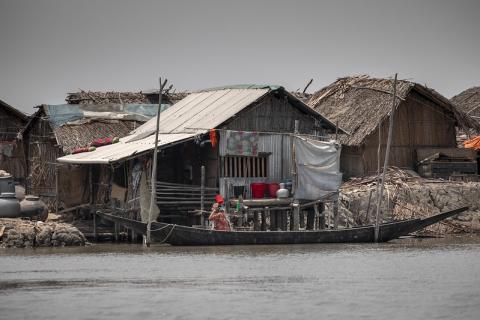Realising Ethiopian Women’s Rights to Land
21 July 2023
Land rights are among the fundamental rights of women. Supporting women to secure their land rights ensures equity in ownership, and improved livelihood opportunities for rural women. It further contributes to food security, addresses poverty, provides a basis for climate action, and promotes long-term equitable economic growth.
However, a lack of awareness about land legislation and limited social freedoms in rural societies hinder the realisation of these rights.
Three land-governance-focused projects implemented by GIZ Ethiopia and Djibouti , in collaboration with Habitat for Humanity International project Stand for Her Land (#S4HL) and the Women Land Rights Task Force (WLRTF), are working to improve women’s land rights in Ethiopia.




